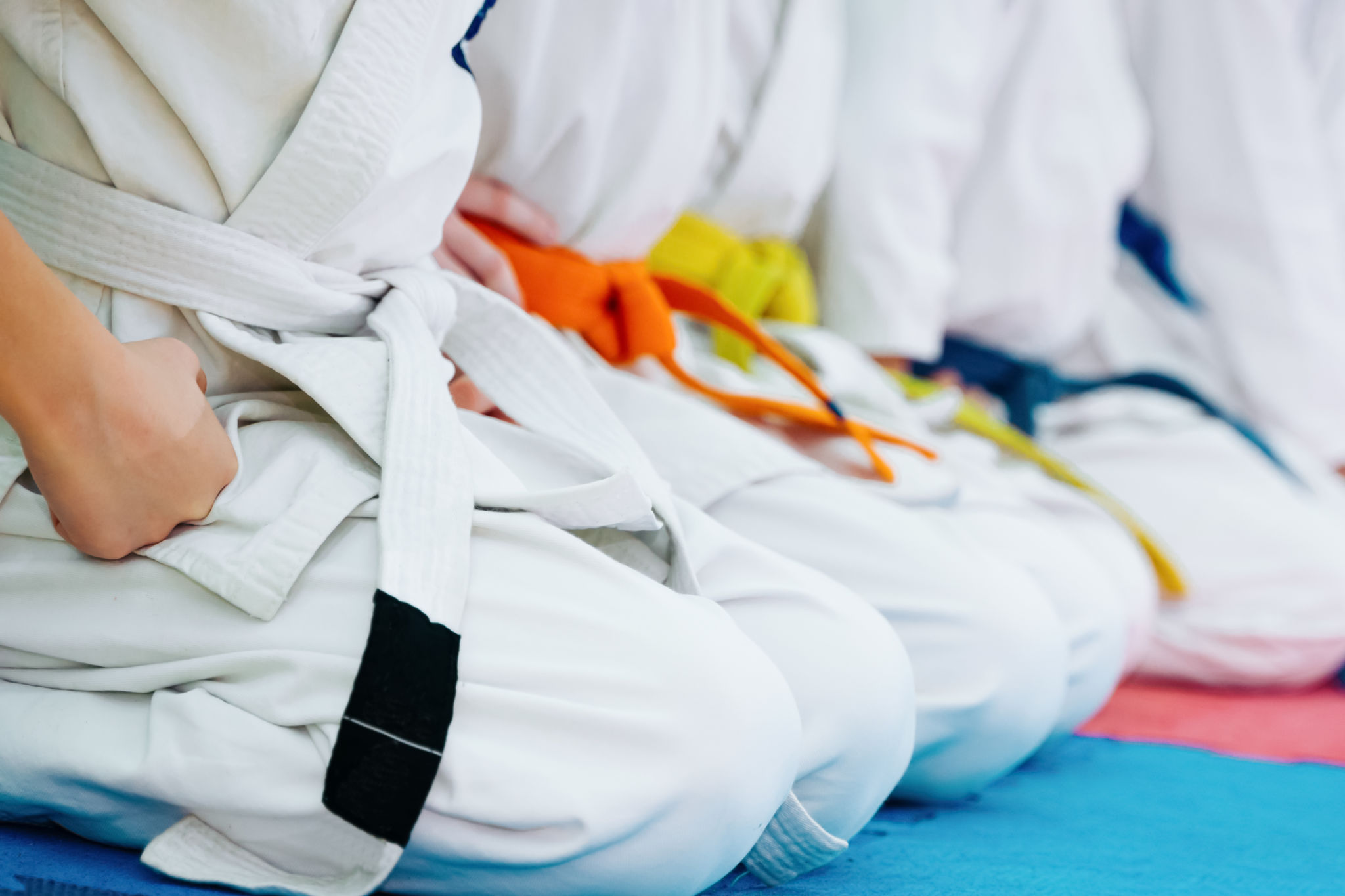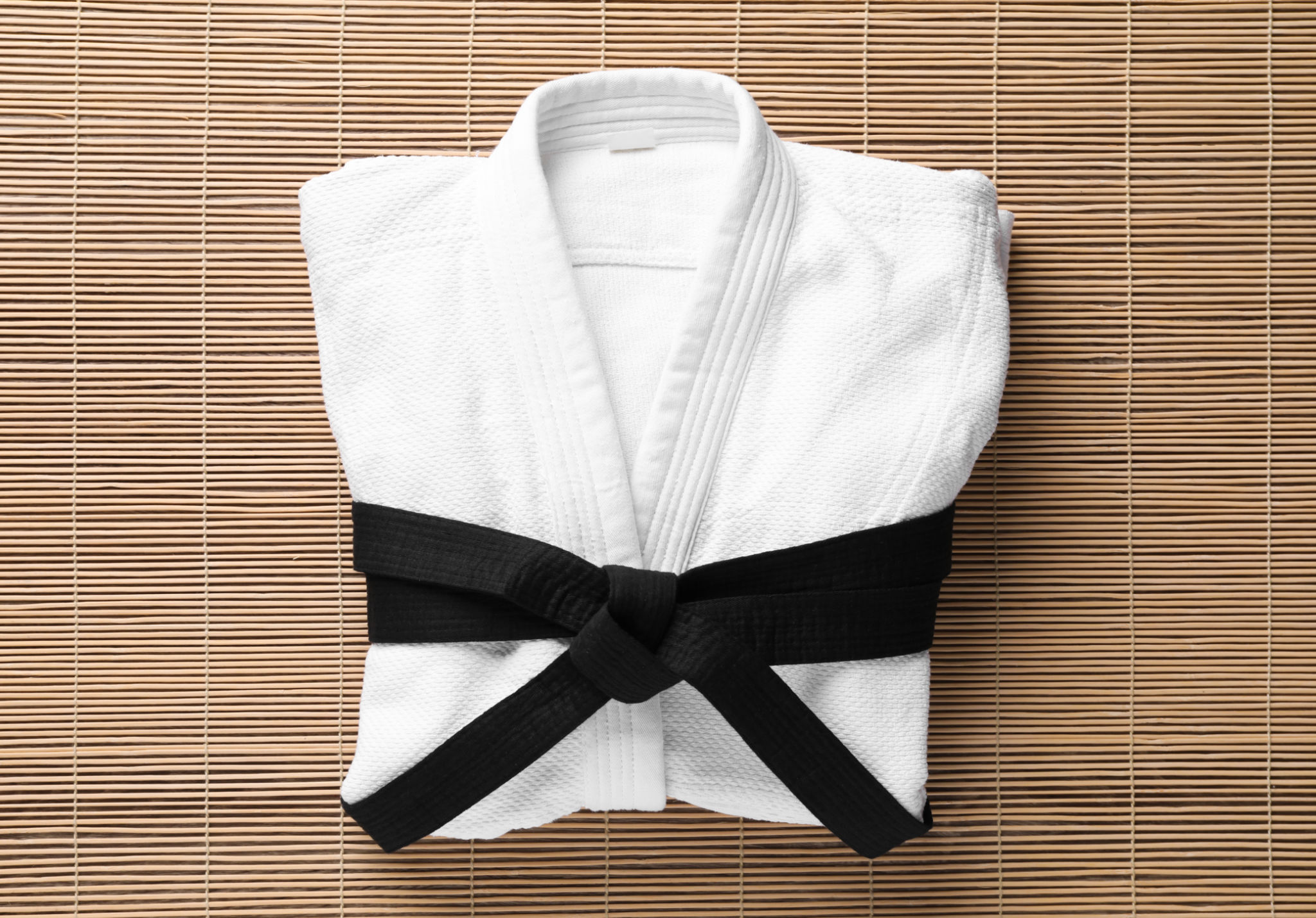Preparing for Your First Karate Class: Tips for Beginners
Understanding the Basics
Starting your journey in karate can be both exciting and intimidating. As a beginner, it's essential to familiarize yourself with some basic concepts before stepping into your first class. Karate is not just about physical prowess; it's a discipline that emphasizes mental strength, respect, and perseverance.
Before you begin, take some time to understand the history and philosophy behind karate. This martial art originates from Okinawa, Japan, and focuses on self-defense, discipline, and respect for others. A strong foundation in these principles will set the tone for your training and help you appreciate the art form.

What to Wear
Your attire plays a significant role in how comfortable and confident you feel during your first class. Most martial arts schools require beginners to wear a gi, which is a traditional karate uniform consisting of a jacket and pants. However, for your initial classes, comfortable athletic wear is usually acceptable.
When selecting your gi, choose a size that allows you to move freely without being too loose. It's also important to wear a belt, often referred to as an obi, which signifies your rank in karate. As a beginner, you'll typically start with a white belt.
Essential Gear
Beyond clothing, having the right gear can enhance your training experience. Here are some essentials you may need:
- Mouthguard: Protects your teeth during sparring sessions.
- Sparring gloves: Provides cushioning and protection for your hands.
- Shin guards: Shields your legs during contact drills.

If you're unsure about what gear to purchase, consult your instructor or fellow students for recommendations. Many dojos offer rental equipment for beginners, allowing you to try different options before making a purchase.
Preparing Physically and Mentally
Karate demands both physical stamina and mental focus. To prepare physically, incorporate exercises that improve strength, flexibility, and endurance into your routine. Focus on core workouts, as they are integral to executing powerful movements in karate.
Mental preparation is equally important. Cultivate a mindset of patience and determination. Understand that progress may be gradual, but consistency is key. Embrace the learning process and be open to constructive feedback from your instructors.

Etiquette in the Dojo
Respect and etiquette are fundamental aspects of karate training. Familiarize yourself with the basic rules of conduct in the dojo (training hall). Upon entering and leaving the dojo, always bow as a sign of respect. Address your instructors as "Sensei" and follow their guidance closely.
During class, listen attentively and avoid unnecessary conversations. Keep your gi clean and well-maintained, as this reflects your dedication to the discipline. Show respect to fellow students by practicing good sportsmanship and encouraging each other throughout the training.
Setting Realistic Goals
As a beginner, it's crucial to set achievable goals for yourself. Start by focusing on mastering basic techniques and building a strong foundation. Avoid comparing your progress to others, as each person's journey is unique.
Create short-term goals that are specific and measurable, such as improving a particular kick or memorizing a kata (form). Celebrate small victories along the way, as they contribute to your overall growth in karate.
Embrace the Journey
Your first karate class is just the beginning of an exciting journey. Approach each session with enthusiasm and an eagerness to learn. Remember that every expert was once a beginner, so give yourself grace as you navigate through challenges.
Engage with the karate community by attending events or participating in competitions if you're interested. This can enhance your learning experience and provide opportunities to connect with fellow enthusiasts who share your passion for martial arts.
With dedication, patience, and a positive attitude, you'll find that karate not only improves your physical abilities but also enriches your life with valuable life skills.
